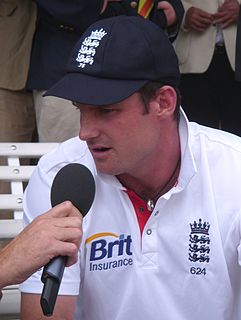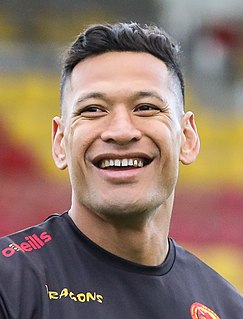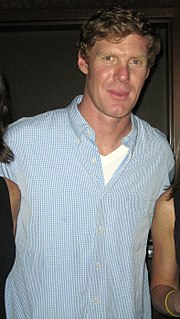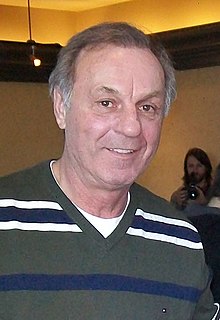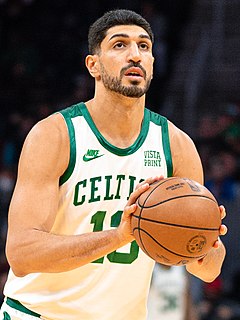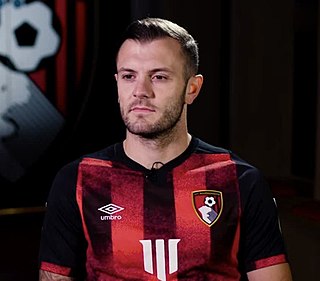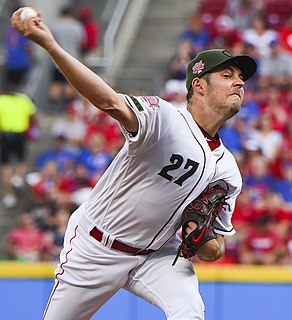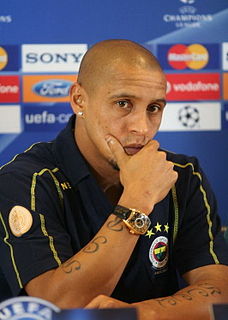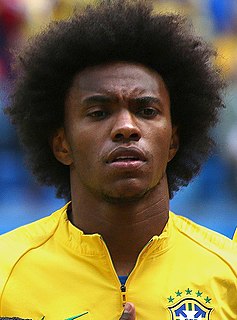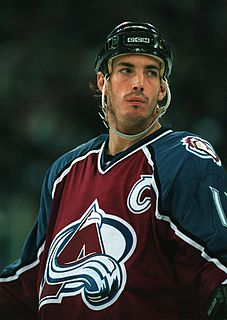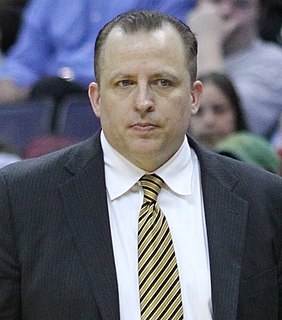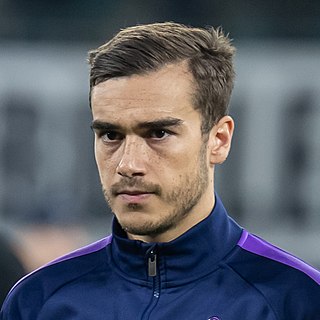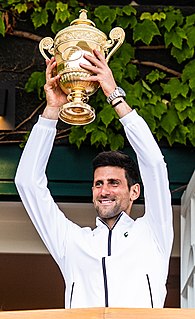A Quote by Andrew Strauss
I've always felt that, in the past, there has been a teacher-pupil relationship between the management and the players. But the best teams are run in such a way that the players have a voice.
Quote Topics
Related Quotes
If you want to become a super club you have to be ready to play against super clubs. In the past couple of years, we've seen a mentality that has emerged that our players aren't on the field to get autographs. It's an opportunity to prove what we've been shouting from the rooftops for a long time, that we've been producing quality players and we can play with the best teams in the world.
I don't think there has been enough communication between the players and the tournaments. In one sense it's just as much the players' fault. Players talk between each other and in the locker room about things that can be improved and then when the time comes to talk and really do something about it they stop.
